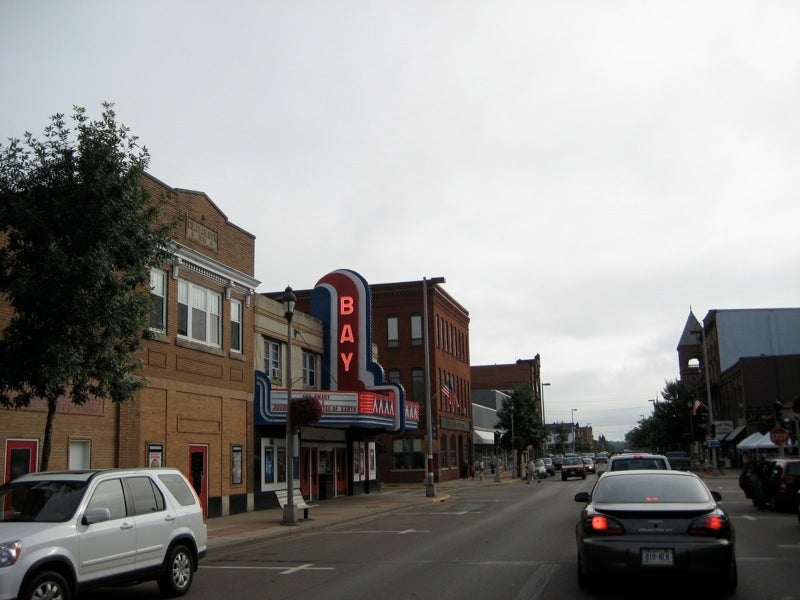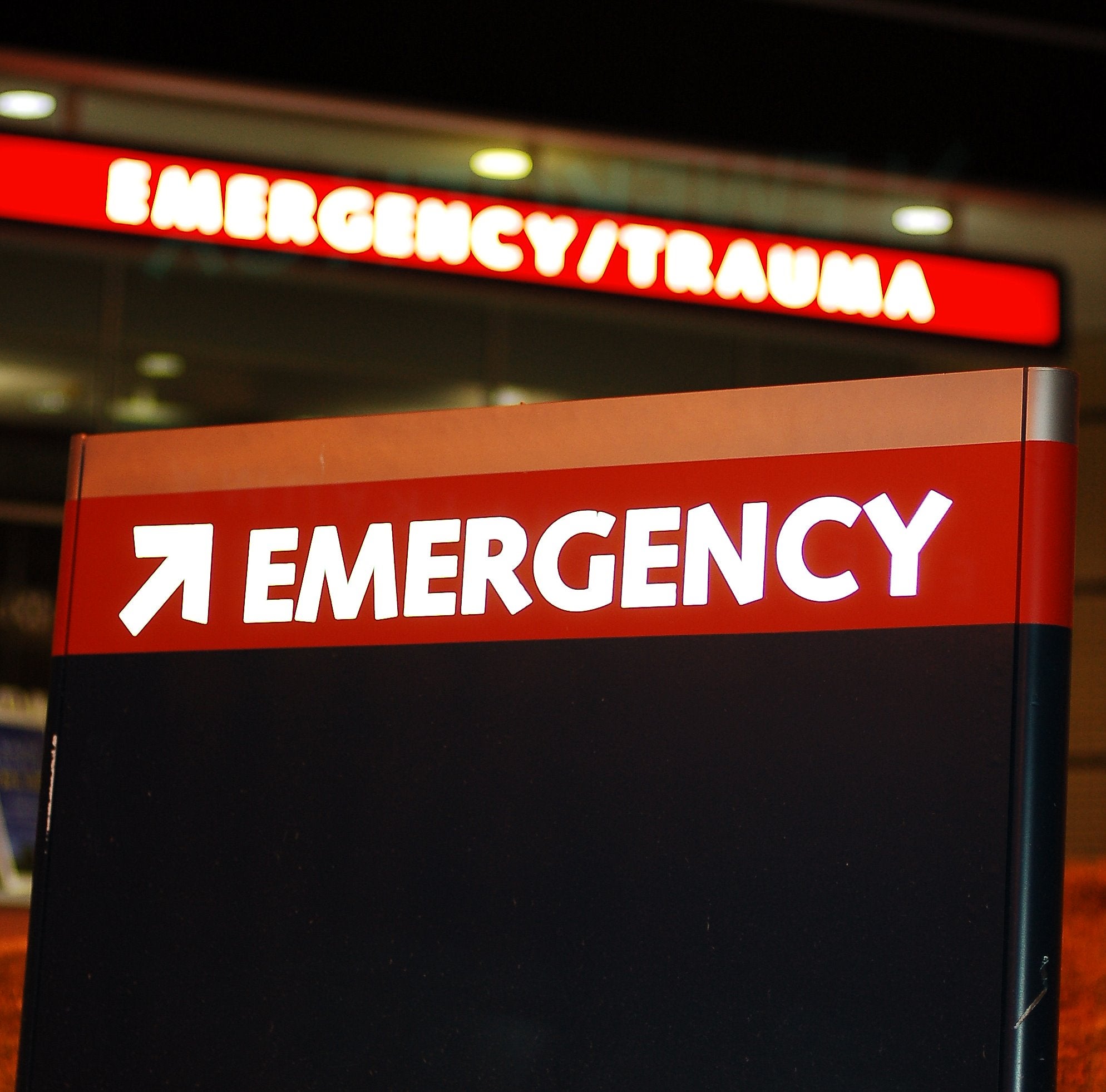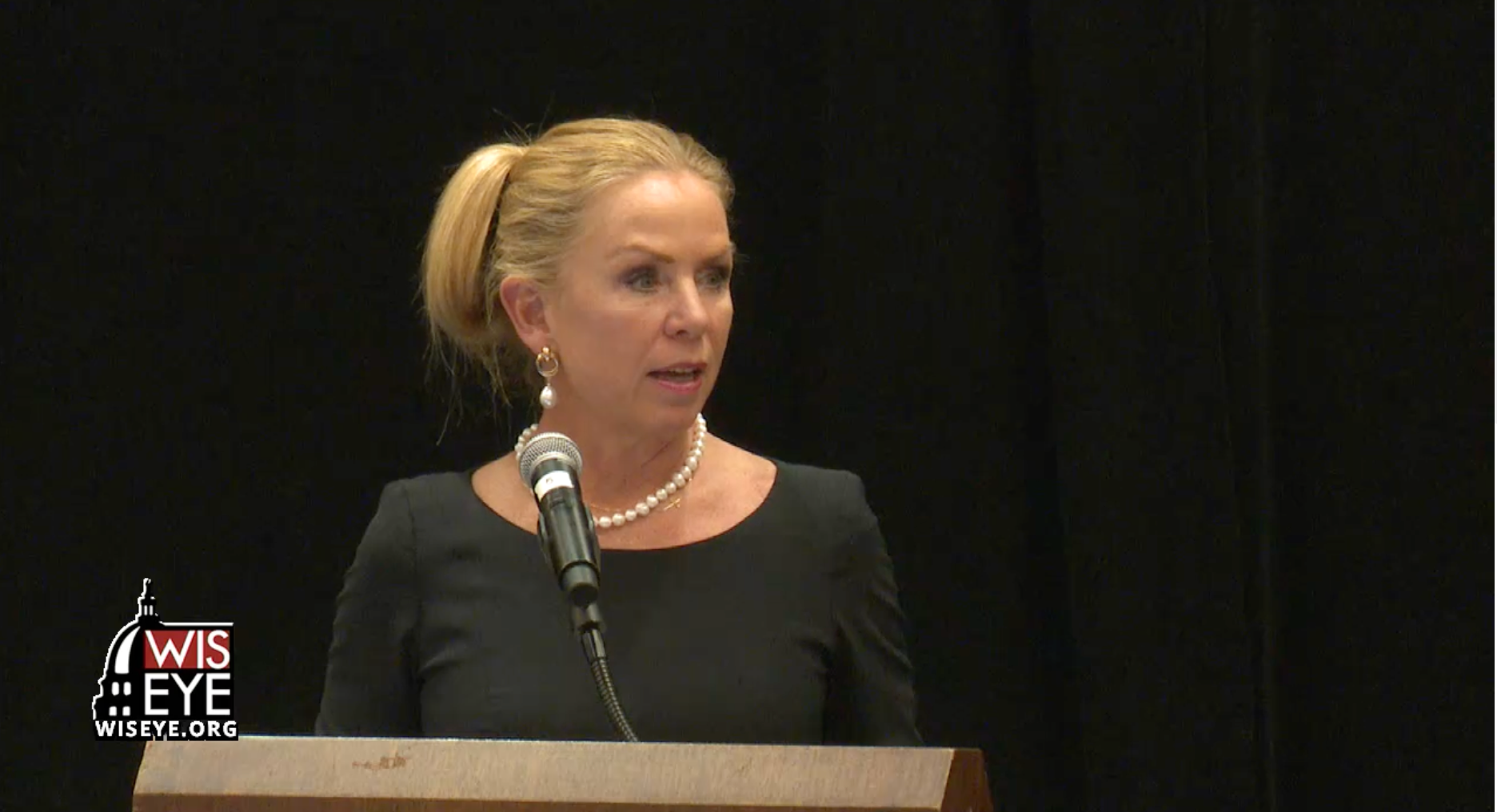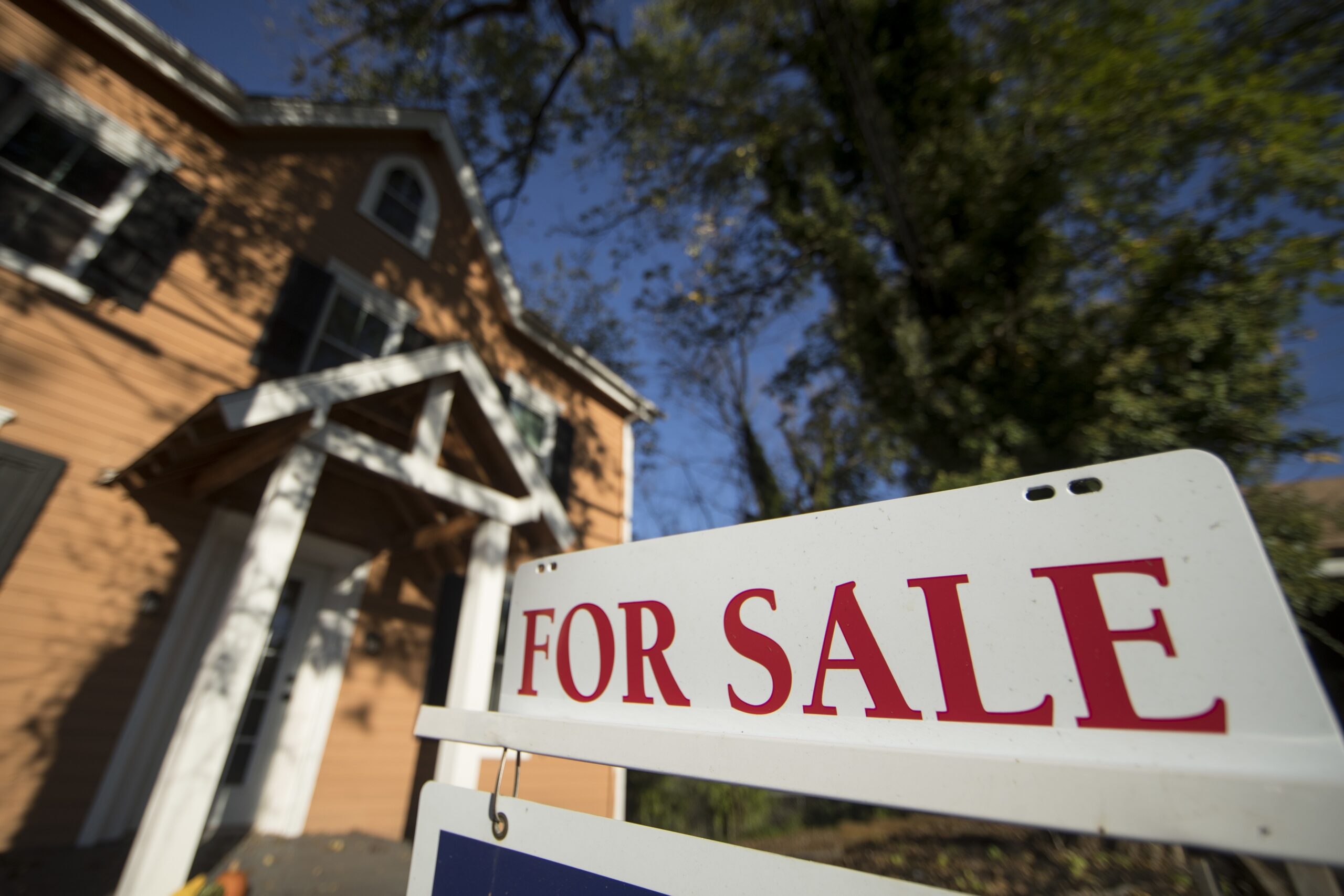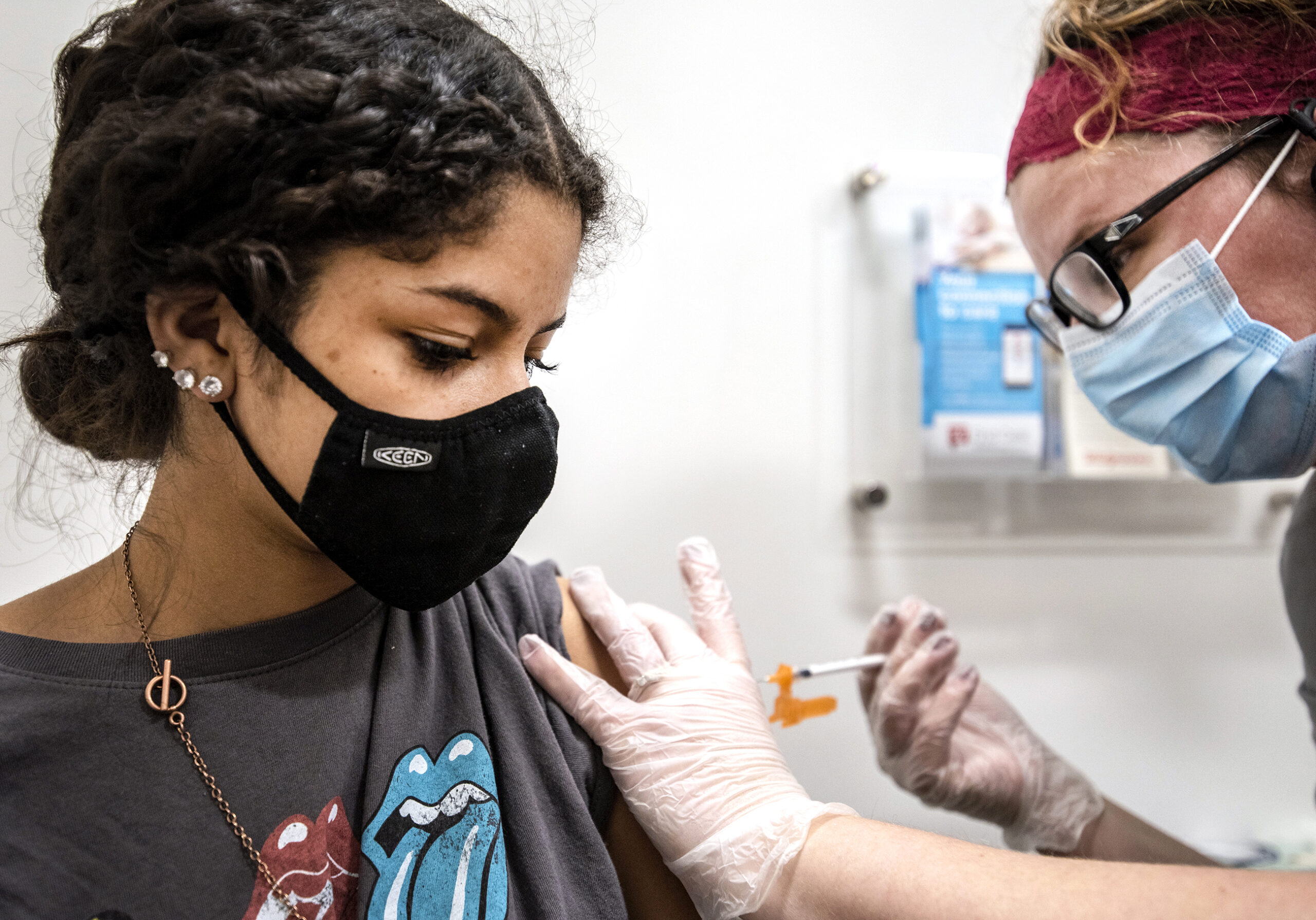Communities across Wisconsin are contemplating how to respond to a sharp increase in COVID-19 cases, with measures like closing schools or limiting how businesses operate potentially on the table. But steps taken by local health departments will need considerable buy-in to be effective.
That was made clear recently when the Ashland County Health and Human Services Department scrapped an order to temporarily close any bars within 2 miles of Ashland’s city limits. The short-lived order, issued on Sept. 22 and dropped two days later, faced opposition from the Wisconsin Tavern League of Wisconsin. It never went into effect.
The week before the department issued the order, the county had seen 55 new cases of COVID-19, pushing the county’s total number of cases over 140.
Stay informed on the latest news
Sign up for WPR’s email newsletter.
“We got to this point because last week we had a real spike in cases in our local bars, and a number of bars closed because their staff were sick or quarantined,” said Ashland County Administrator Clark Schroeder. “That puts more pressure on the remaining bars that are open because more people are in them.”
The intention, he said, was to close all the bars in the city of Ashland for two weeks so that staff could get healthy and all bars could open at same time with patrons spread out at more locations.
Now, instead of a public health order, Ashland County has decided to issue a broad directive effective for 60 days, which advises individuals and businesses on what they can do to slow the spread of the coronavirus.
The directive goes into effect at 8 a.m. Friday. It suggests people work from home if possible, asks bars and restaurants to limit their capacity to 50 percent, and keep track of customers for contact tracers if someone becomes infected. It also requires people to wear a mask, which is required by the city of Ashland and the state of Wisconsin.
If anyone fails to comply with any of the measures in the 11-page directive, Schroeder said the county would then issue a public health order aimed at a specific business.
On Friday, city and village leaders from across Wisconsin will discuss what they can do to slow the spread of COVID-19 in a meeting organized by the League of Wisconsin Municipalities.
The league doesn’t keep track of existing health orders. Additional actions will be tailored to each community.
“City and village governments look a lot like the citizens that they govern. That’s government of the people, by the people,” said the league’s director Jerry Deschane. “So, take a look at the breadth of opinions on this issue and that’s the breadth of actions on (COVID-19).”
The League of Wisconsin Municipalities has a toolkit for implementing local health orders. Last month, the Wisconsin Counties Association released guidance to assist counties and health departments in the wake of the state Supreme Court’s decision striking down a statewide stay-at-home order in May.
A statewide mask order is also being challenged in court. Recently, Gov. Tony Evers extended the order to Nov. 21. It was originally set to expire Tuesday.
On Wednesday, the Wisconsin Department of Health issued mitigation strategies for local governments to consider implementing depending on the severity of local outbreaks of COVID-19.
Wisconsin Public Radio, © Copyright 2024, Board of Regents of the University of Wisconsin System and Wisconsin Educational Communications Board.

